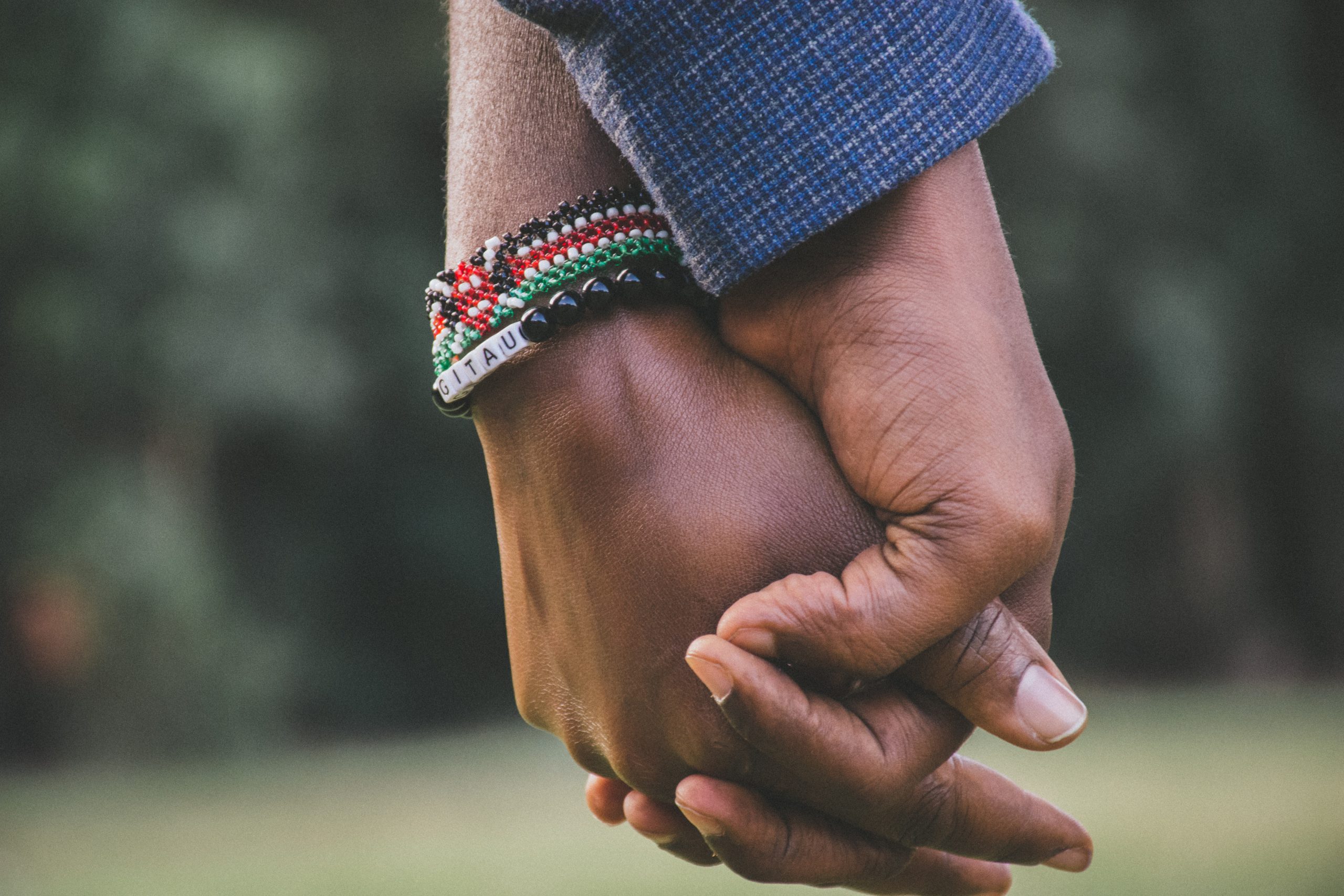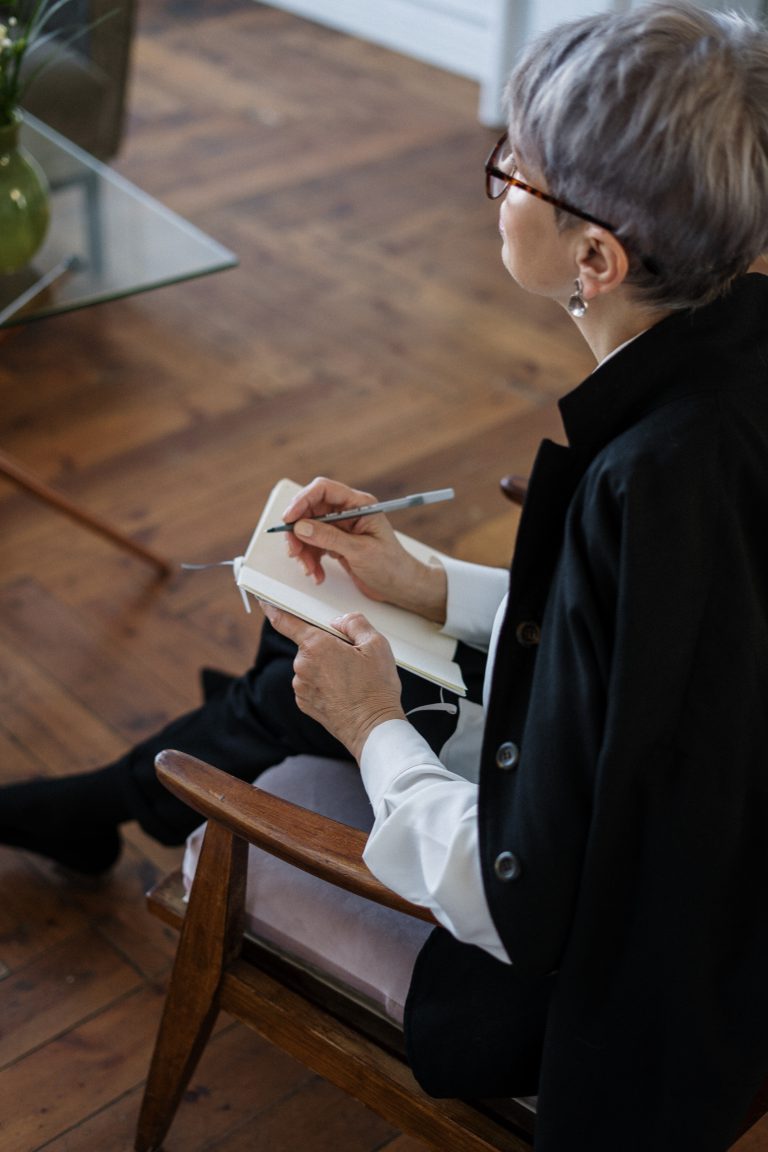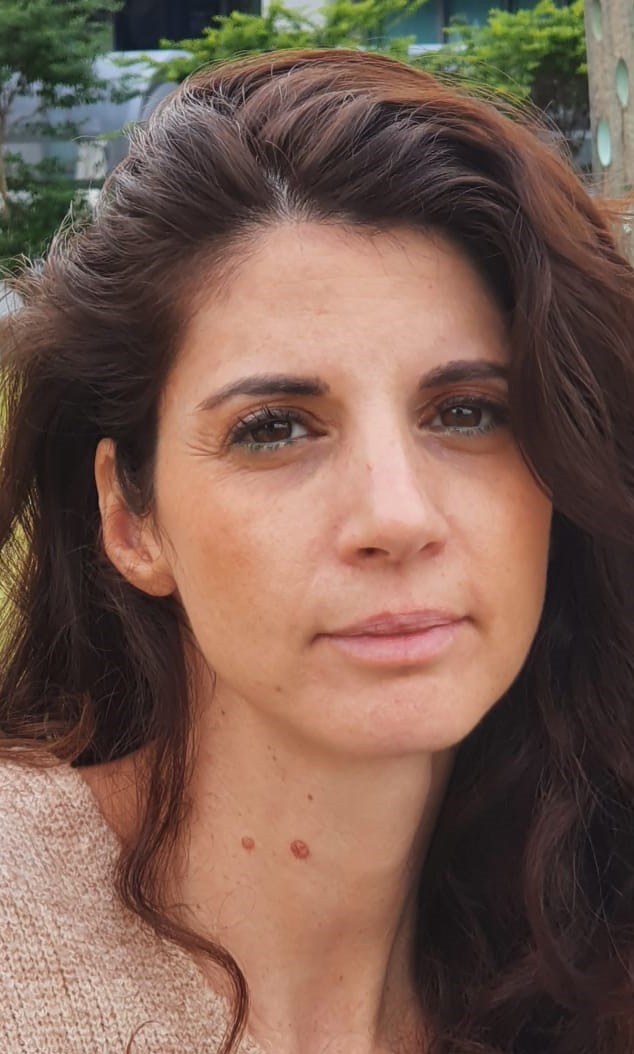A well-known anonymous quote reads, “Once you accept the reality that even between the closest human beings, infinite distances continue, a wonderful relationship can grow.” As humans, building intimate relationships is one of the most difficult tasks we take on in our lives – yet we are wired to do it anyway. How can we bridge two universes, when each carries its own perspective, narrative, goals, and baggage? While this is true for every relationship, regardless of how similar the parties may appear on the outside, it can be exponentially more complicated if one or both of the members of the relationship live with chronic pain.
The complexity and invisibility of the pain and the degree to which it impacts every aspect of a person’s life can make the gap between two individuals seem like an unbridgeable abyss. In this article, we will take a brief look at some of the ways in which the chronic pain experience affects our ability to build the intimate relationships we so deeply desire and deserve.
The challenge of true vulnerability
In order to connect deeply and authentically with another person, it is important to strive to reveal our true selves, even when it is challenging. It can be terrifying to open up about our deepest fears, share our insecurities, and ask for help in troubling times. While these courageous acts have the potential to build tremendous closeness, they often come along with deep, raw pain.
For those of us living with chronic pain, it can be even more difficult to be truly vulnerable in front of others. Because the chronic pain experience is simultaneously invisible and all-encompassing, many of us believe that no one could ever understand our needs, and if they did, they would reject us or be scared away. Unfortunately, this fear often stems from painful past interactions with both strangers and loved ones.
“I’m so afraid to become a burden to other people,” admitted one Live the Pain participant, “I feel like my endless needs and accommodations would hold back my partner from living a full, normal life. How could I do that to another person? Even if someone was theoretically willing to deal with the true me, I doubt they’d be able to long-term. So I feel like I need to choose between being true to myself and being alone forever or hiding the most vulnerable parts of myself for the sake of being in a relationship. It’s a lose-lose, really.”
The brokenness of body image
While vulnerability is an issue that we face in many close relationships, including those with friends and family members, intimate partnerships usually have the unique addition of the physical and sexual component, which demands a far greater degree of trust and vulnerability. Living in a society overflowing with abelist images of what is beautiful, attractive, or sexy is damaging to both men and women of every appearance and body type. Subconsciously, most people have internalized these unrealistic standards, about ourselves and others.
Yet again, this is even more dangerous for those of us who live with chronic pain. Our bodies may not look, function, or feel like the bodies we are sold by the media. Consequently, we may not find ourselves beautiful or believe that anyone else could ever be attracted to us, concluding that we are inherently imperfect, unfit for or undeserving of intimate relationships. These skewed images lead us to believe that we need to hide our bodies, physical abnormalities, or functional limitations from our partners, or remain alone.
The complexity of physical touch
The challenges of emotional vulnerability and body image meet in the world of sexual, intimate touch. An incredibly powerful sense, it has the ability to bring human beings to the closest they could ever possibly be, both physically and emotionally. However, many of us living with chronic pain may have intense trepidation, fear, and even trauma around physical touch, both because of a lifetime of invasive medical treatments and the reality of living in constant physical pain. In order to maintain some agency over our physical bodies, many of us have an extreme need for control over when we are touched, by whom, and in what manner.
“With everything I’ve been through in my life, I don’t think there is anything I value more than my privacy and sense of physical safety,” an anonymous Live the Pain participant explained, “Physical interactions that may seem insignificant to others can either feel extremely intimate or violating to me, in a way that is difficult to explain to someone who doesn’t just understand it inherently.”
Whether consciously or not, some of us living with chronic pain have concluded that intimate touch is irrelevant to our lives. Because our dominant physical sensation is pain, it may be incomprehensible to consider that these broken bodies could actually be the source of pleasure. As a defense mechanism, we may completely disconnect from our bodies and repress any desire for sexual pleasure of physical intimacy out of a belief that we will never experience it.
Building intimate relationships begins with you
Despite the inherent challenges, most human beings spend much of our lives trying to find, build, maintain, and strengthen intimate personal relationships. When relationships fail, despite the pain and heartbrokenness, we somehow get up and do it all over again, because these core relationships can give us the sense of belonging, security, and continuity that we are wired to seek. However, due to the fears, struggles, and misconceptions described above, many of us living with chronic pain have given up on this dream, avoiding intimate relationships and sex alltogether.
Does it have to be that way? How can we bridge the enormous gap between two individuals, when one is living with chronic pain? While intimate relationships demand endless work, sometimes the relationships we have with ourselves are the most difficult – and most important – ones to build. If we don’t love ourselves, how can others love us? If we cannot be vulnerable with ourselves, how can we expect this from others? If we are not in touch with our deepest needs, how can we communicate them to another person? If we are disconnected from our bodies, how can they be used as a means of connection in a relationship?
In order to be part of a healthy, loving, mutual relationship with another person, we must first believe that we are worthy of love, deserving of closeness, and have what to offer another person. Obviously, this is the work of a lifetime, much easier said than done. As Russ Von Hoelscher says, “Don’t rush into any relationship. Work on yourself. Feel yourself, experience yourself, and love yourself. Do this first, and you will soon attract that special loving other.”





